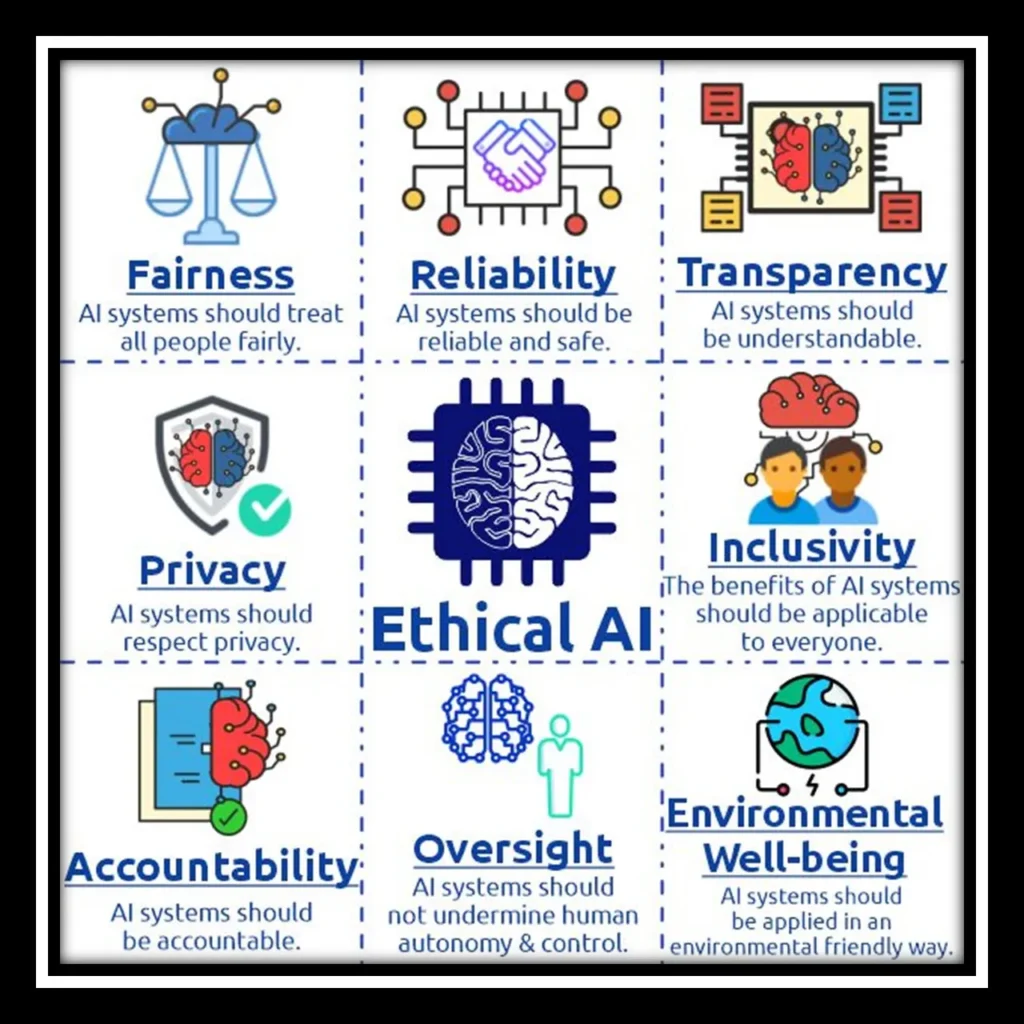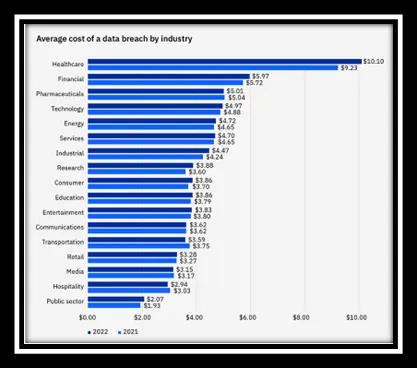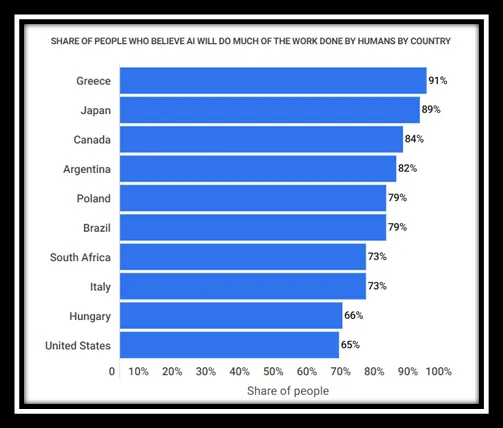Introduction
The AI policy implications for developing nations in the rapidly evolving digital era hold significant importance. In today”s interconnected global landscape, where the rapid development and widespread adoption of AI technology play a prominent role, it is crucial for these nations to comprehensively address and proactively respond to the wide-ranging consequences. The task at hand for developing nations is to effectively navigate and manage the substantial implications linked to AI. As AI continues to advance and expand, its profound impact on society and governance becomes increasingly evident, thereby presenting both challenges and opportunities for these nations. It is paramount for these nations to successfully navigate the intricate realm of AI policy, as it holds the key to unlocking the immense potential of this transformative technology and harnessing its benefits across various domains.
The ongoing development and progress of AI mechanisms have provided mankind with the capability to accomplish arduous and time-consuming tasks simply through the press of a few keys. As such, the implications of AI policy for developing nations span far and wide, offering a multitude of possibilities for progress and growth.
The working scenario and the rapid rate of digitalization have also promoted the implication of Artificial Intelligence in modern-day problem-addressing scenarios.
However, the more interesting and helpful it may sound the inculcation of Artificial Intelligence and its use for the developing nation comes with a vast list of policies and challenges that are needed to be addressed before adopting the multifaced technology. AI policy implications for developing nations include a properly structured risk analysis that comes hand in hand with this powerful technology.
This assessment includes the potential threats to valuable information, the process of job replacements with AI, and the unethical use of this modern and vast technology. In the upcoming article, we will be discussing some major benefits of Artificial Intelligence and crucial AI policy implications for developing nations.
Global AI Growth

The global surge and implication of AI-based technology in both developed and developing nations have seen exponential growth over the past few years. The demand for this powerful tool in reshaping a nation’s dynamic is much more than expected. According to a report by Statista, the AI market at the global level is expected to reach a total of $190.61 billion by 2025.
This report openly reflects the adoption and demand of Artificial Intelligence at the global level. Developed nations like the United States of America and China have propelled the growth of AI technologies notably. This growth has proved beneficial for many developing nations but along with the benefits it brings certain global challenges and threats that need immediate addressing.
Artificial Intelligence can be used to make deep fake videos, image codes, etc. that can trigger a series of events that may be fatal for mankind. Even the hardest of technologies like the atomic bombs can easily be designed using these powerful tools. To overcome these hurdles and prevent this powerful technology from falling into the wrong hands, it is necessary to devise a well-researched policy and framework at the global level.
The developed nations must support the developing countries and help them build a stable and well-defended infrastructure for AI policy implications for developing nations.

Managing Ethical AI Standards
The management of an ethical framework for the use and adoption of AI is very important to prevent dark usage of the technology. The developing nations must introduce certain policies restricting the domain of Artificial Intelligence to the general public. Not only the formation of these AI policies is a must but the AI policies implication in developing nations is also a task that needs to be accomplished as soon as the structuring of the policies is completed.
The AI uses potential algorithms to produce specific results for specific problems thus making it a bit biased. This biasing issue with AI is a major problem that also needs addressing by the development organization on both the national and the global levels. This will help people to maintain uniqueness in their results and observation thus making the use more unique and self-defining.

Developing nations must devise AI policy implications for developing nations’ frameworks to make the AI principles more dynamic, ethical, and transparent. This will allow the governing authorities to monitor the use of this useful but lethal technology daily. Also, the transparent use of this AI technology can help developing nations build a great and robust portfolio in both the national and the international platforms, provide upskilling training to their citizens, and attract the most valuable foreign investment and assets.
Taking the above-mentioned challenges and needs into consideration countries like India have already incorporated ethical considerations into their AI policies. The country’s National AI Strategy focuses on the importance of responsible and ethical AI practices to ensure that the technology is beneficial for the whole society.
Data and Privacy Concerns
The implication and dependence of AI tech are highly on data and its availability. To work and produce possible solutions Artificial Intelligence utilizes the globally available data that is either published online or sometimes breached through platforms that are online available. To prevent data privacy in this modern era of AI technology it is essential to develop a data security framework that allows data encryption, retention, and privacy control.
This will allow the government to maintain a safe wall between the data that is public and data that is personal and is not intended to be leaked anywhere.

As easy as it may sound the development of AI policy implications for developing nations’ frameworks requires a lot of skilled workforces and a high capital investment. For developing nations, it becomes a challenge to shift their budget from the necessities towards the development of such data security platforms. In this scenario, developed nations must come to the aid of these nations and help them prolong their development and maintain a safe data environment.
Some data that are not directly linked to the public but are even more confidential like military secrets etc. need special attention and security in this time of Artificial Intelligence. If these types of data fall into the wrong hands the fate of this whole world can be switched by just a wink of an eye.
According to a Cost of Data Breach Report by The Ponemon Institute, the average cost of a data breach is $3.86 million globally of which the healthcare sector experiences the highest average cost per breached record at $7.13 million.
Reskilling the old Workforce

The development of this AI technology can create a scenario for workforce displacement, which can turn fatal for developing nations. Reskilling their old workforce to maintain the per capita income and prevent poverty and inflammation is a tough task for these nations. The reskilling programs again require a financial shift that focuses on developing new platforms and institutions that provide new skill-learning opportunities and techniques.
This can be easily achieved by maintaining a partnership between the government and the educational institutions and fostering changes step by step. Drastically changing the economy of the workforce can result in resilience among the citizens and the government. Thus, a well-developed roadmap must be laid to prevent the working economy of any nation from losing their jobs to AI and also maintain a peaceful environment throughout.
Thus, a few policies from those nations who have gone past this change must be taken into account, their effects must be analyzed, and then a perfect plan considering the economy must be made.
According to a report by the McKinsey Global Institute, around 375 million workers, or 14% of the global workforce, will need to switch their working category by 2030. This data is a bit concerning with the developing AI trends for all those nations who are fighting against recession and poverty. Maintaining technological advancement along with citizens’ work comfort is a big challenge that needs immediate addressing.
International Collaboration as a Solution

The rising AI trends have developed some very concerning challenges globally that need immediate attention. To maintain a harmonious global environment global collaboration is a must and the leading tech giant countries must come together at global platforms to help developing countries face these challenges. This will automatically strengthen global relations and also help the globe fight against recession and work shifting together.
Also, the maintenance and governing of AI data on the global level will become a lot easier with all the skilled countries contributing to the part. This will ensure good data flow and the required privacy for almost all the nations and the financial help and aid would help these nations to develop the requisite framework for the same.
The Global Partnership on AI Data Governance Working Group report suggests that the data flow across borders is likely to increase by 9.4 times between 2016 and 2022.
Conclusion
As the complexity of this AI landscape is navigated by developing nations, the formation and implementation of robust and dynamic governing structures and algorithms are required throughout the globe. This will help the developing nations to inculcate modern technology alongside maintaining proper data safety. These challenges are not only difficult to address by a single nation but even hazardous to maintain the flow and implementation.
At the global level, if the nations join hand in hand the development of security mesh becomes a lot easier and the fight against recession is not confined to any single nation or institution. The new workforce skilling program also becomes easier to achieve and navigate, as nations can focus on the overall development of society without worrying about financial debts and losses. Thus, to incorporate modern technology along with harmony and a peaceful global environment international collaboration is key.



